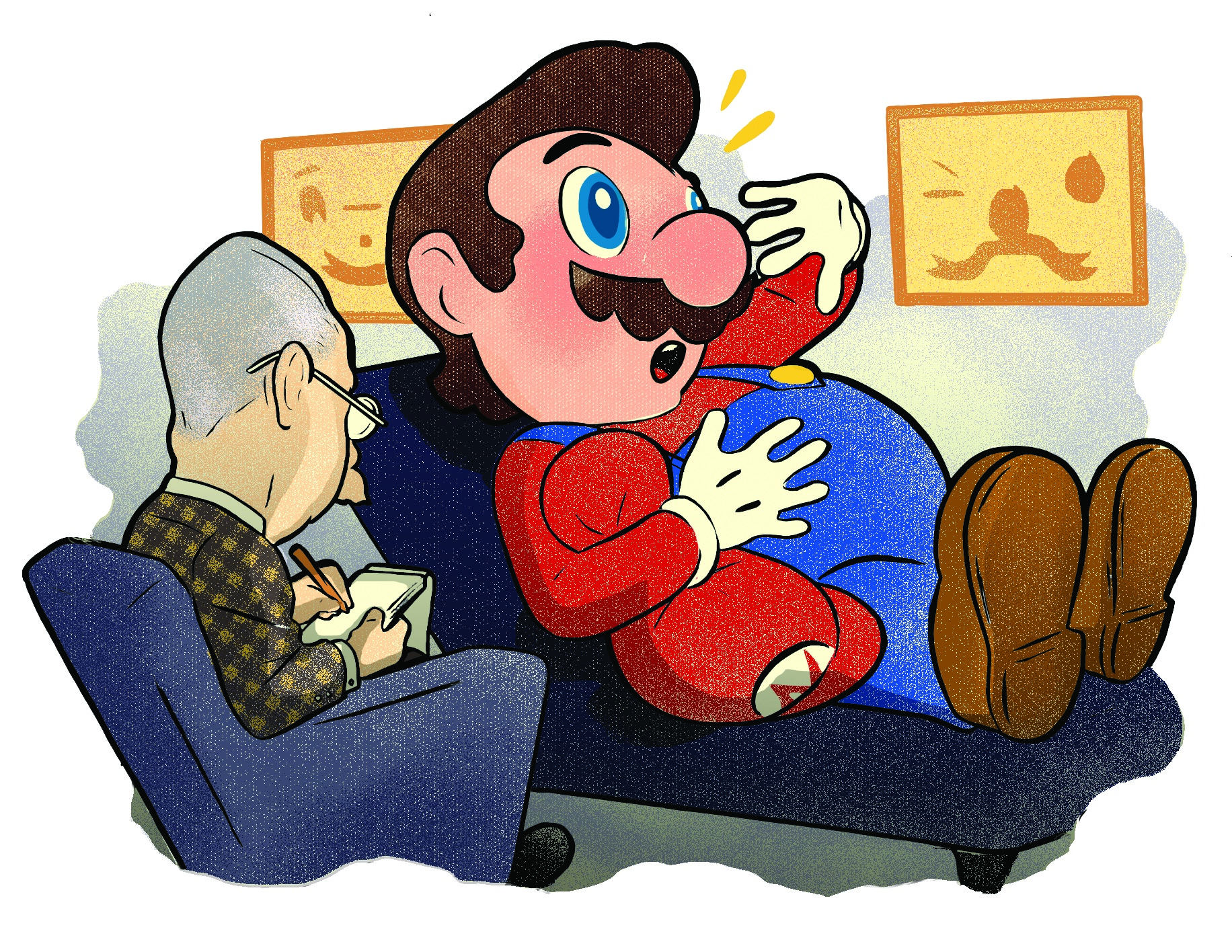

Virtual environments almost certainly induce genuine anxiety, says Grainne Kirwan, a psychologist who specializes in cybercrime at the Dún Laoghaire Institute of Art, Design, and Technology in Ireland. For example, your physiological and emotional responses to entering a dark alley in a video game may be comparable to those you’d have in a similar real-life situation. “But would it be to the extent of initiating post-traumatic stress disorder? That hasn’t been demonstrated,” Kirwan says.
There have been scattered accounts of people victimized in role-playing games such as Second Life or World of Warcraft and suffering in the aftermath. But no large-scale academic study has ever been written up, Kirwan says. And even if a player were to have a disturbing experience, he could avoid compounding the stress by steering clear of that game, or online games altogether, in the future.
“I think that somebody would have to be psychologically compromised to begin with to mistake the events that go on in the virtual world for real events,” says Skip Rizzo, a psychiatrist at the University of Southern California. That doesn’t mean virtual experiences aren’t powerful, though. In fact, Rizzo uses virtual-reality (VR) environments to help patients with PTSD relive controlled versions of traumatic events in order to move past them.
The first such work was done in the mid-1990s, when researchers put people afraid of heights onto virtual footbridges and balconies to expose them to the source of their fear and gradually help them overcome it. Later, the same type of therapy recreated scarring scenes from the Vietnam War and the 2001 attacks on the World Trade Center so survivors could come to terms with the events. Rizzo’s team also built a system for veterans who served in Iraq and Afghanistan, in which participants could be subjected–under a clinician’s care–to more than a dozen different scenarios from the Middle East.
To create the most immersive VR therapy experience, Rizzo incorporates extra sensory stimuli. He adds realistic sounds such as boots on gravel, military banter, and even indigenous birdsong. But it’s not yet clear if these bells and whistles make the treatment significantly more effective. “We have a smell machine, but does it really matter?” Rizzo asks. “That’s a good empirical question. We just go ahead and use it.”
In any case, veterans traumatized by war are more likely to find sympathy–and treatment–than World of Warcraft gamers. People tend to blame the victims of virtual assaults, Kirwan has observed. “They might ask, Why didn’t you just turn off your computer?” While online victims may not have PTSD per se, they could still benefit from therapy. Shaming just makes them harder for psychologists to identify, highlighting the need for more research. “If anybody has experienced this, they’ll want to know that they’re not alone,” Kirwan says. “It happens, and it’s not okay.”
This article was originally published in the October 2014 issue of Popular Science.
